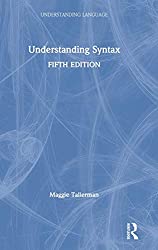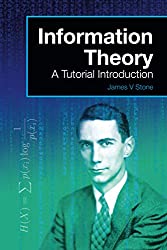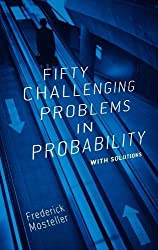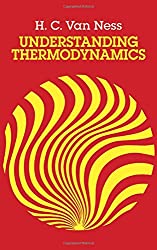Rating: 8.3/10. Ch1: Beginning Concepts Language has finite rules and symbols, but has infinite generation. Can think of language as a system to connect signals (acoustic, or words on a page) to meaning. This is done through phonology, morphology, syntax, etc. Linguistic competence is the knowledge of a language’s lexicon and grammar; linguistic performance is…
Category: Textbooks

Four Views on Free Will by Kane, Fischer, Pereboom, and Vargas
Rating: 8.7/10. Ch1: Libertarianism (Robert Kane) Libertarianism is the view that the universe is not deterministic, and this is necessary for FW; also, FW is necessary for moral responsibility. It’s closest to laymen’s intuitions about FW. Compatibilists attack it in two ways: (1) by claiming that determinism doesn’t conflict with FW, and (2) that indeterminism…
The Lexicon: An Introduction by Elisabetta Jezek
Rating: 8.2/10. Ch1: Basic notions The lexicon is the set of words in a language, abstract object stores in our mind; a dictionary is a concrete object (printed book or electronic) that describes the lexicon. Dictionaries do not always store everything in the lexicon, either intentionally or unintentionally. A vocabulary can refer to either a…

Understanding Syntax by Maggie Tallerman
Rating: 8.5/10. Overall impression: this book gives a well-rounded overview of syntax, good for an introduction and avoids most of the more theoretical issues. It’s split about 50/50 between English constructions and examples in other languages. This is a good balance, using English examples is easier to “ground” the theory to reality, while there are…

Information Theory: A Tutorial Introduction by James V. Stone
Rating: 8.0/10. Ch1: What is Information? Information is quantified using bits, not to be confused with binary digit. A binary digit contains at most one bit of information, but may contain less (if it’s not equally likely to be 0 and 1). Ch2: Entropy of Discrete Variables Definition of entropy H(x) for discrete random variables….

Designing Voice User Interfaces by Cathy Pearl
Rating: 7.3/10. Voice user interfaces like Siri and Alexa have improved in some ways, but in many other ways are similar to IVR phone systems from the 1970s. This book goes through various things to look out for while designing them. For example: Be as brief as possible and use visual mode to display lots…

Fifty Challenging Problems in Probability by Frederick Mosteller
Rating: 6.6/10. A classic book with a bunch of random problems in elementary probability (but not statistics). They are not very difficult, ranging from easy to moderate in difficulty. Some of them touch on significant ideas (like random walks, coupon collector problem, German tank problem), but the majority are quite arbitrary (maybe suitable for a…

Understanding Thermodynamics by H. C. Van Ness
Rating: 9.0/10. Pretty short, 100 page book that gives an intuitive introduction to various topics in thermodynamics and statistical mechanics. It’s meant to be a supplementary text, not a main text, so some really important things were omitted, which was confusing to me, but that’s understandable. Some ideas I learned: Energy can’t really be defined…

The Fundamentals of Ethics by Russ Shafer-Landau
Rating: 9.5/10. Intro book on ethics — it’s not an easy read (took me about 6 months to finish it) but it contains a lot of deep ideas in 300 pages. The book is divided into three parts: what is the goal in life, how to do the right thing, and what is the status…
